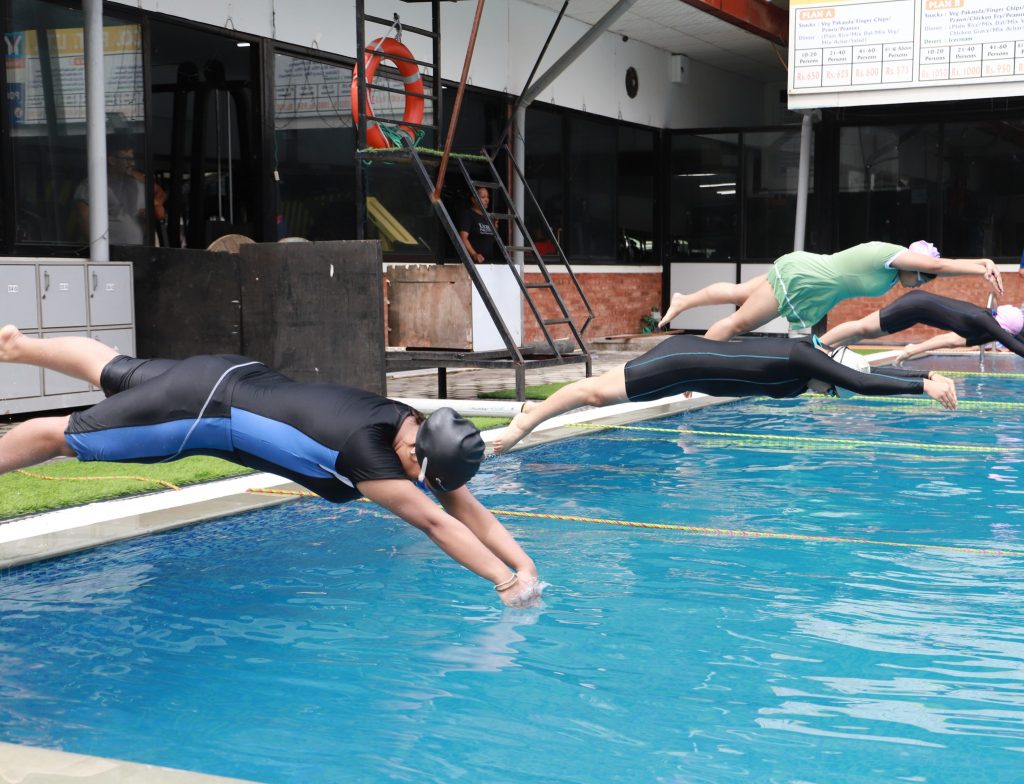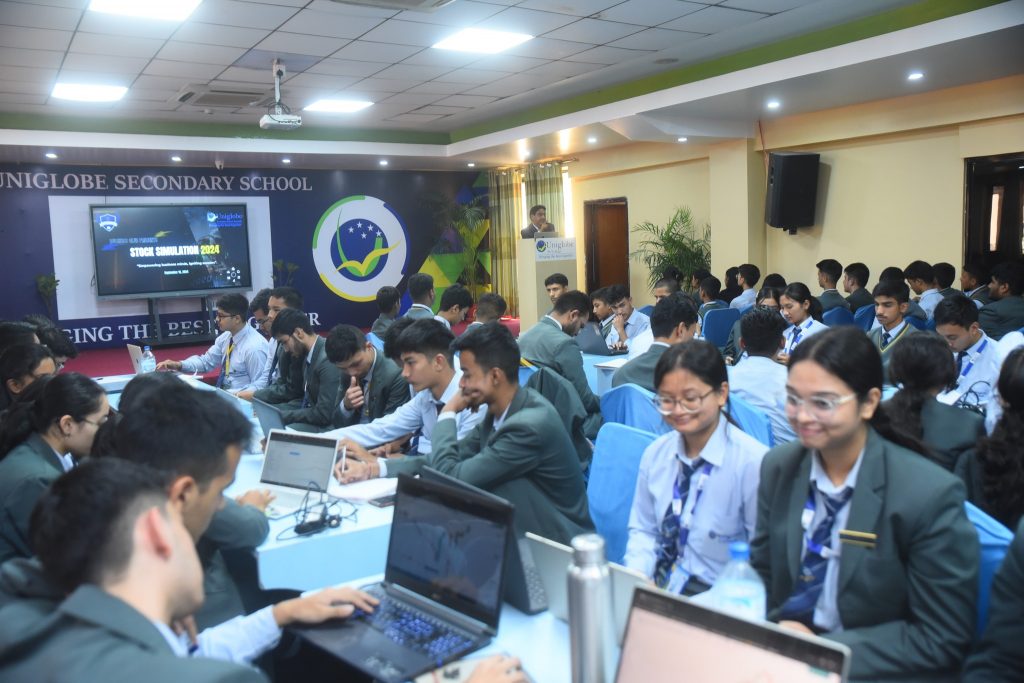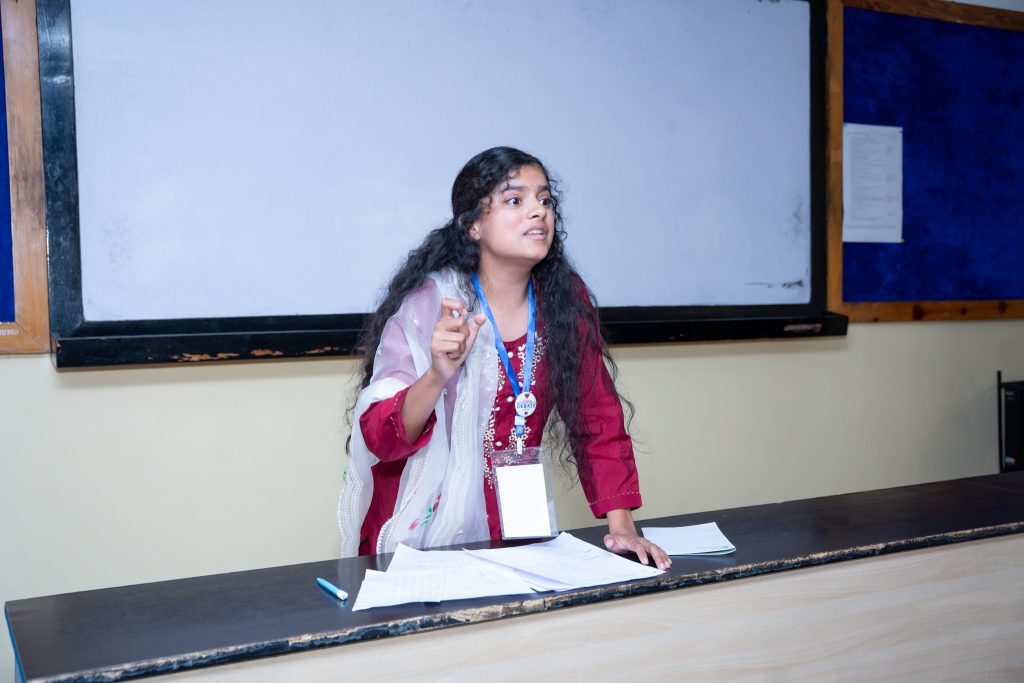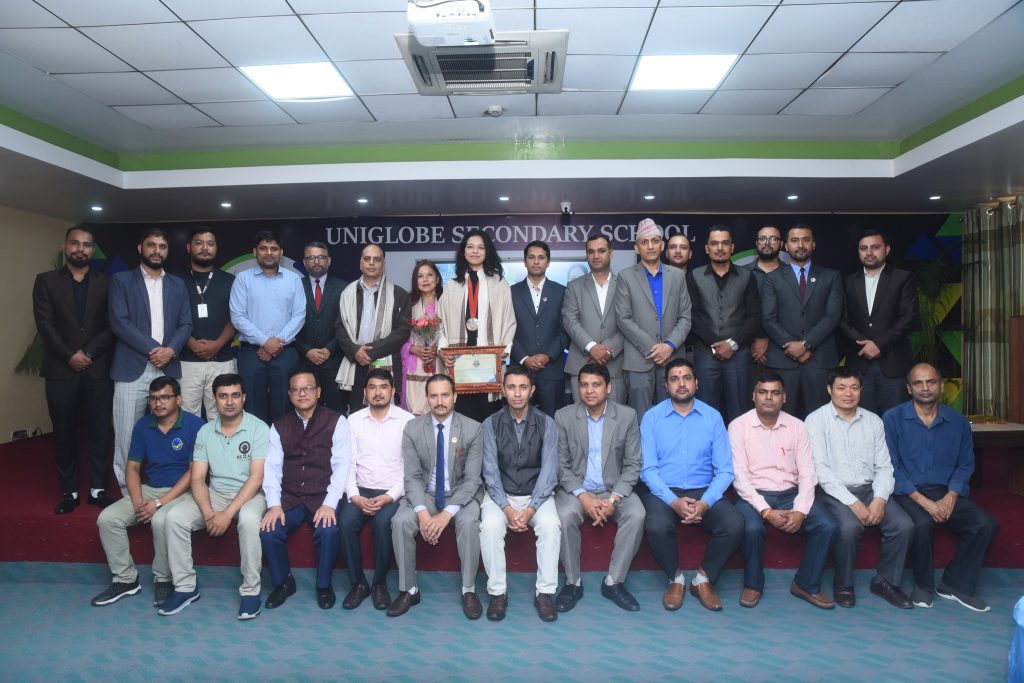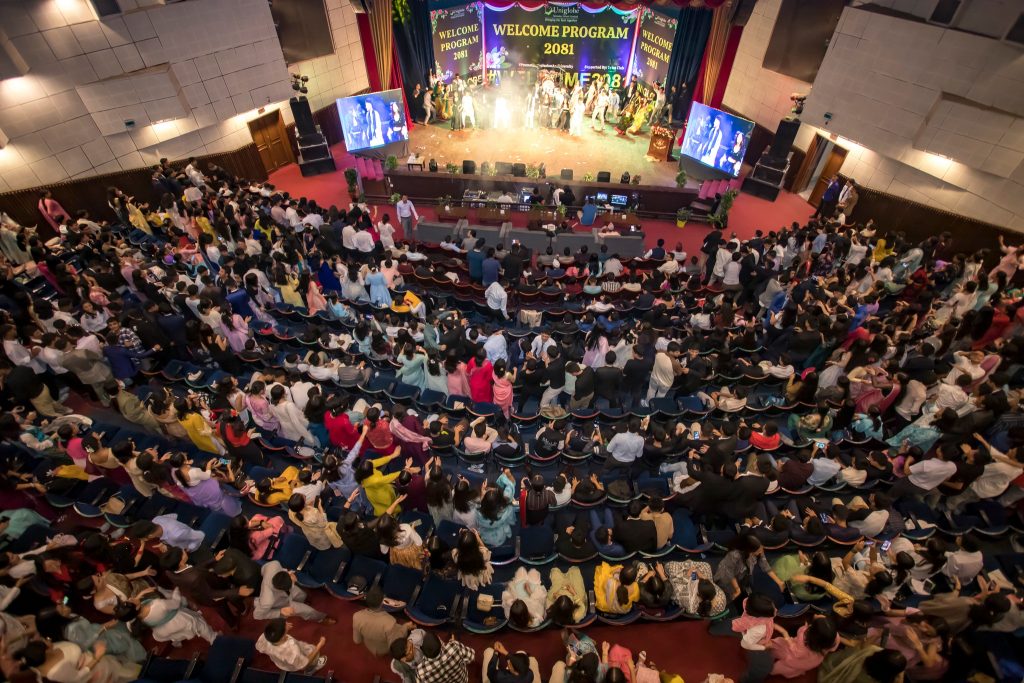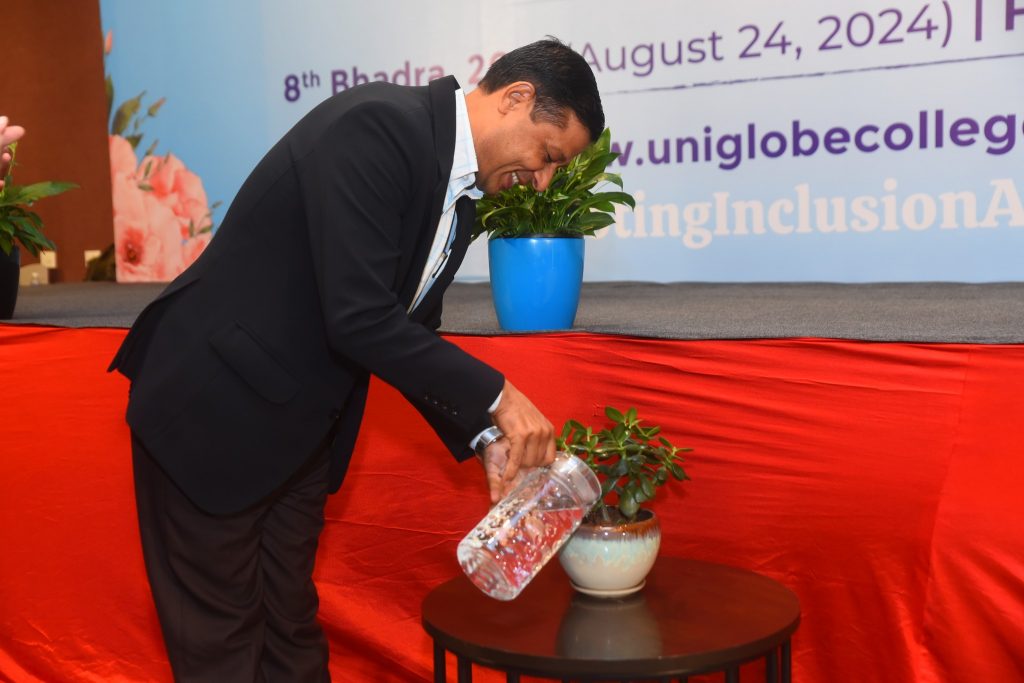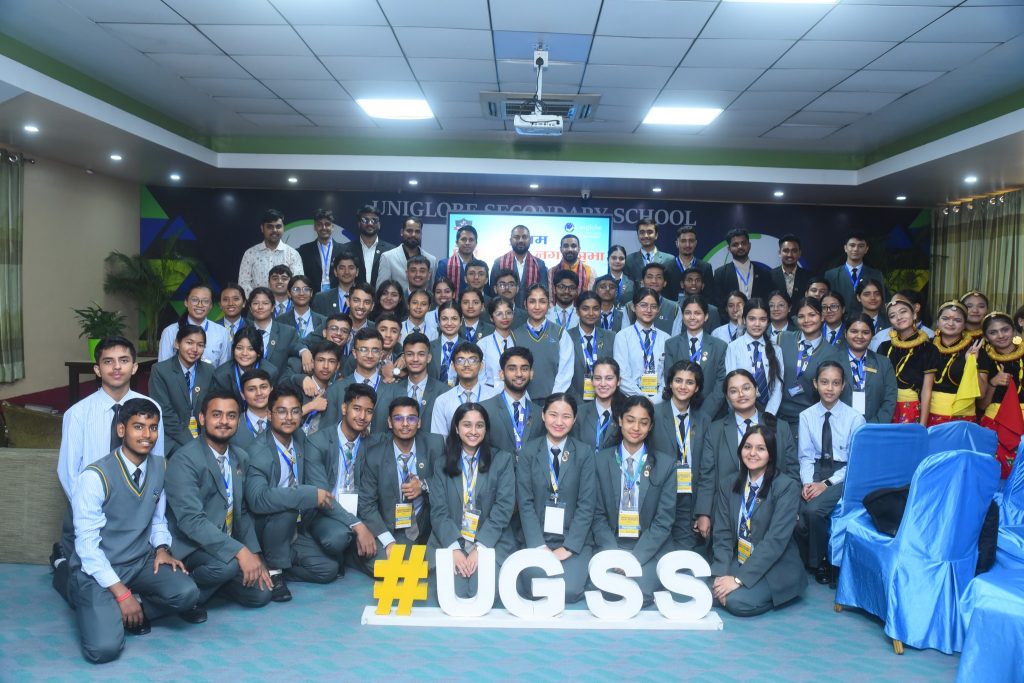Dance Competition – 2024
Throwback to an Electrifying Dance Competition! Reliving the vibrant moments from our recent Dance Competition! The stage was alive with incredible talent, captivating moves, and sheer passion. Our students brought their A-game, showcasing breathtaking performances that left the audience in awe! A big shoutout to all the participants for their hard work and creativity, and congratulations to the winners for shining bright! Here’s to celebrating talent, teamwork, and unforgettable memories. Stay tuned for more such exciting events at Uniglobe SS/College Kamaladi









